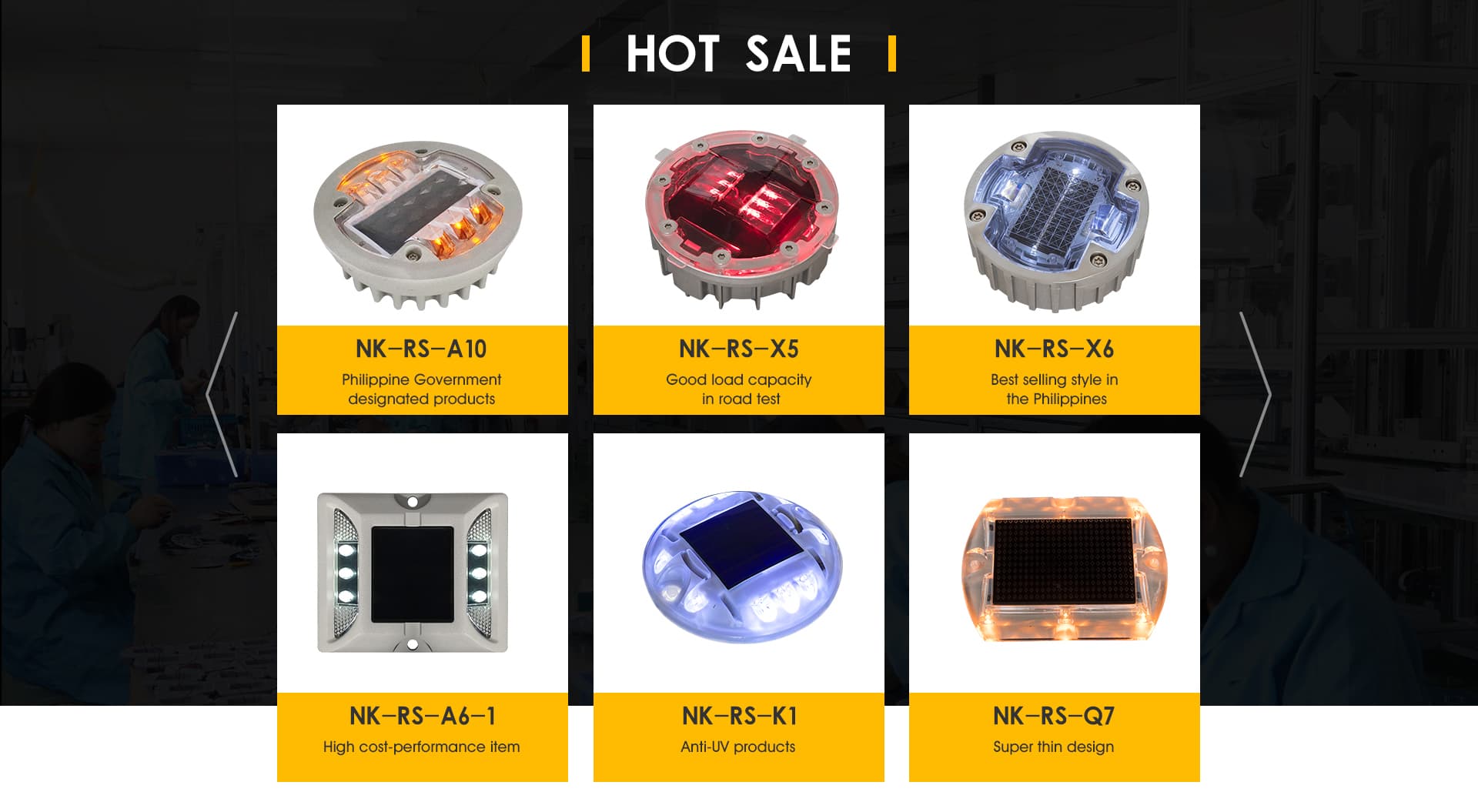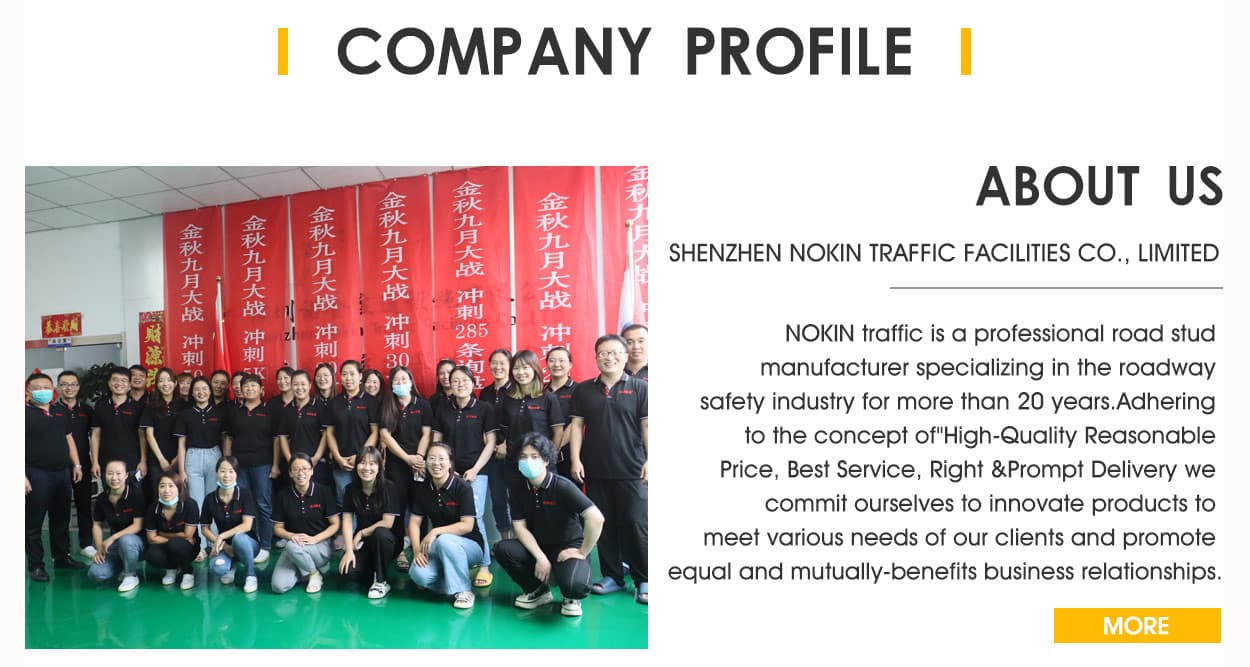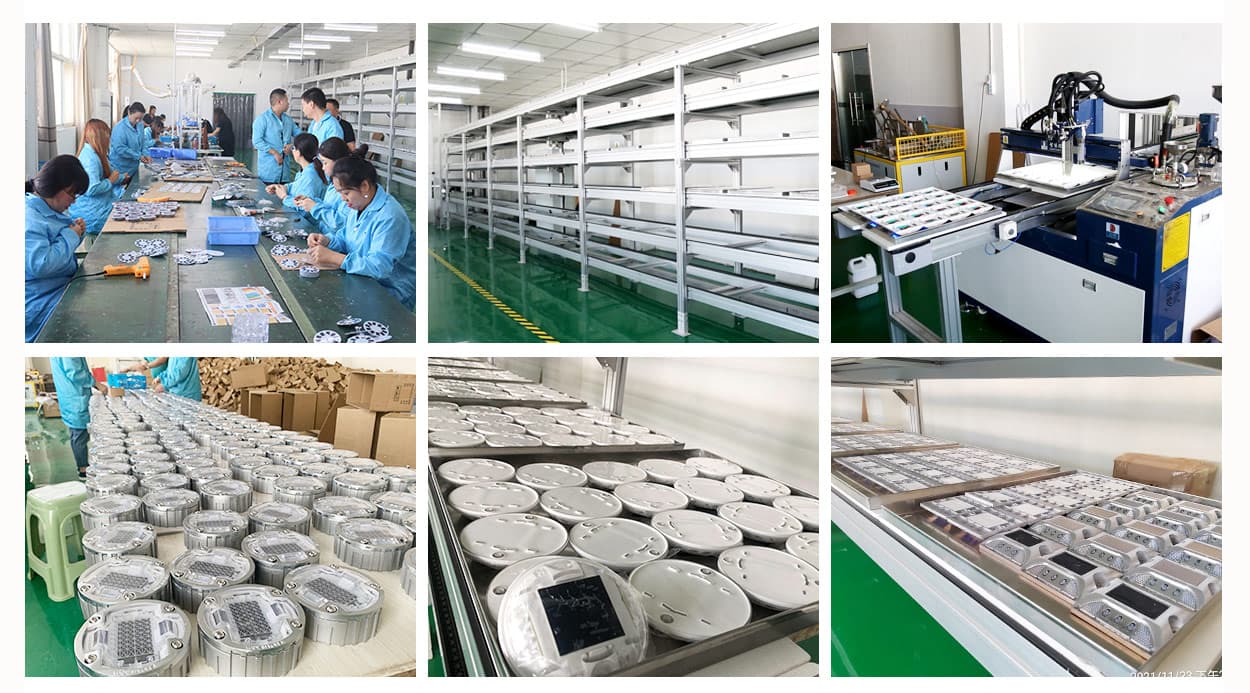


.jpg)
The reality is, as even NOKIN, a major player in the passive road studs arena has correctly publically stated, that the consultation is nothing to do with ceasing the use of cat’s eyes. Instead, the consultation is seeking to clarify and get general acceptance that active LED-based road studs, such as our NOKIN solar stud road studs , should be

Feb 08, 2018 · Cats eyes have been noted as one of the top 10 most iconic designs that the UK has ever created! So, cat’s eyes are being renamed as road studs and smart road studs to help tourists feel more at ease on UK roads, and to stop children having sleepless nights over the mistreated cats!
.jpg)
The Reflective Road Stud Cats Eyes are ideal for installing directly into many areas and can help to mark lanes, road shoulders, parking spaces, walkways and many more. These highly durable road studs can be bolted directly into concrete and are equipped with highly reflective cats eyes to alert nearby pedestrians and motorists to the surroundings.
.jpg)
Jan 20, 2015 · The studs can be seen from over 1,000 metres away, which is a far greater distance than the traditional cat’s eyes used across the UK’s motorways. The studs have been proven to significantly increase road safety as they help to prevent drivers from drifting between lanes, reducing the risk of collisions as a result.
.jpg)
5 Reasons Bikers Should Know About Reflective Studs. Reflective studs are increasingly being used on high-speed motorways and busy carriageways especially in poorly lit areas to allow easy visibility of the various lane demarcations. Also known as cat's eyes, these road studs were recently introduced in almost all standard roads around the world.
.jpg)
If there is a problem with road markings or studs on a trunk road please contact Highways England on 0300 123 5000. Reflective road studs. Reflective road studs are used to mark the lanes and edges of the carriageway. Each colour marks a different part of the road: white studs mark the lanes or the middle of the road
.jpg)
Feb 09, 2018 · Cat's eyes can show you where to go at night and if visibility is poor Credit: DVSA Amber cat's eyes appear on the far side of the road to mark the central reservation - and to stop you mindlessly
.jpg)
Each road stud is fitted with 2 red and white reflective "cat's eyes" on either side (4 in total) to ensure that they are well seen by all oncoming motorists Alternatively, these road studs can be installed into the ground in places such as warehouses and factories in order to demarcate particular areas that may be out of bounds to regular
.jpg)
M9 motorway in Carlow, Ireland, with cat's eyes on the road surface and retroreflectors on barriers In Ireland yellow cat's eyes are used on all hard shoulders, including motorways (neither red nor blue cat's eyes are used). In addition, standalone reflector batons are often used on the verge of Irish roads.
.jpg)
The reflective road stud is one of the UK’s most enduring and recognisable inventions, existing in much the same form for the past 90 years. In the last few years, however, a new challenger has emerged to take the crown of the UK’s favourite road marker: the solar-powered road stud.
.jpg)
Cats eyes are used on a motorway to serve as a retroreflective safety device and as road markings. Amber cats eyes, in particular are used in the United Kingdom and Hong Kong and are placed along
.jpg)
Colloquially known as ‘cat’s eyes’, road studs are the small markers found on roads across the country. These can be reflective, non-reflective or even solar powered, but they all have one thing in common: they are used to make the boundaries of a road and its lanes more obvious, particularly in the dark.
.jpg)
The cats eyes we install are available in various colours in order to meet the requirements of UK road traffic legislation and to give drivers specific traffic alerts such as indicating junctions, marking the edge of hard shoulders and lane markings.
.jpg)
There are market studs, which are usually referred to as multi-coloured studs or even more usually as cats eyes, along certain areas of motorways and optionally on other parts of motorways too. These are there to help you when driving at night and provide a clear visual clue as to the current road conditions you face (e.g. you are are about to
.jpg)
The cats-eye road stud was used on the first motorway and by the end of the 1960’s cats-eyes were being used in all the lane markings on the majority of our national trunk road network. 1963 A surface-mounted or “stick-on” road stud was developed in the USA by Sidney A Heenan of the Stimsonite® Corporation (formerly Amerace) who